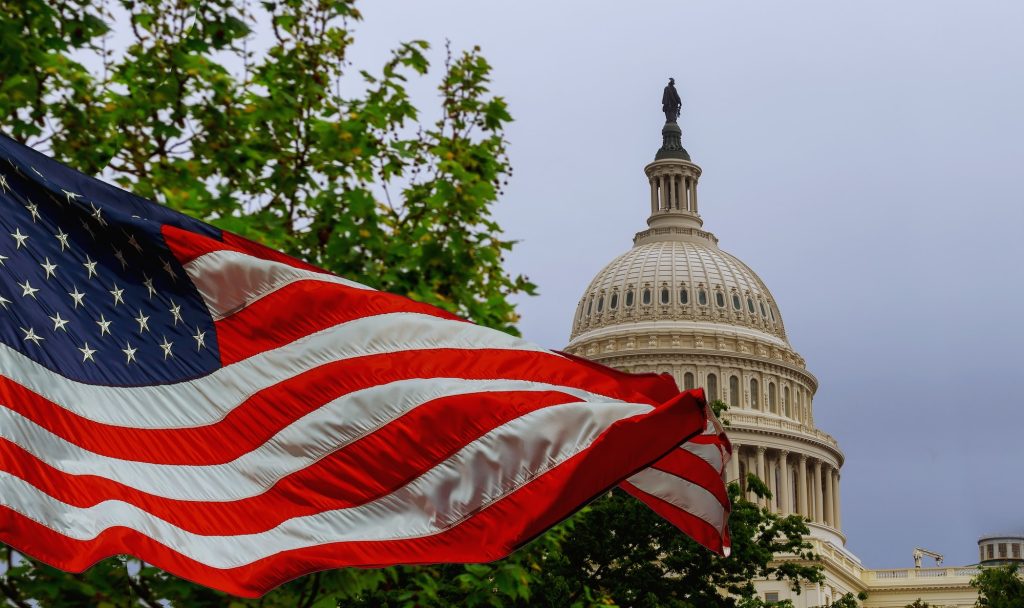
































Amid challenges to misinformation research and reduced fact-checking on social media, the 2024 election may witness a surge in voter fraud misinformation, The Guardian reports. Key election misinformation researcher Kate Starbird, co-founder of the University of Washington's Center for an Informed Public, is concerned about bias accusations in her field, attributing them to the prevalence of right-wing misinformation.
Starbird's collaboration with the campaign Election Integrity Partnership ahead of the 2020 elections faced backlash, with congressional Republicans alleging censorship. Legal actions and congressional investigations, led by the chair of the House judiciary committee, Jim Jordan, create a chilling effect on misinformation research, prompting some academics to change their focus and stop flagging posts to social media companies due to ongoing legal issues.
Despite being a target of lawsuits and misinformation herself, Starbird remains committed but expresses worry about deep-seated election fraud beliefs affecting legislation and vulnerability to foreign interference. Uncertainty persists about the future of misinformation around elections despite hopes for increased public awareness.
Widespread misinformation from right-wing figures post-2020 election fueled the 6 January insurrection based on debunked electoral fraud claims. However, besides Congress' attacks on misinformation research, attorneys general from Missouri and Louisiana have filed federal lawsuits alleging First Amendment violations, accusing Biden of colluding with social media for speech suppression. This hostile environment may affect the robustness of misinformation research, thereby contributing to the persistence of false information.
 Hot Tags :
Content policy
Freedom of the press
Elections in the digital age
Hot Tags :
Content policy
Freedom of the press
Elections in the digital age